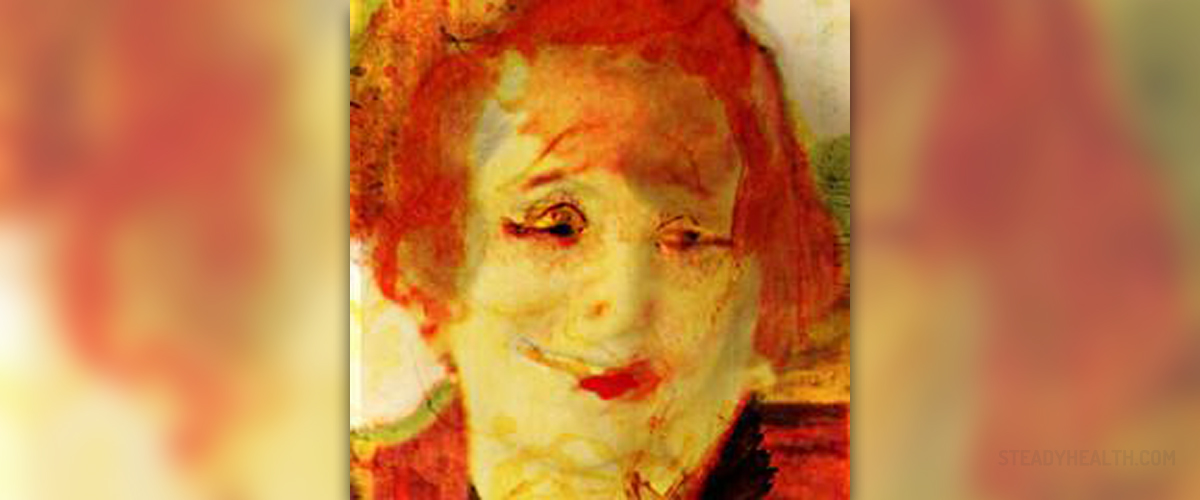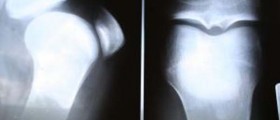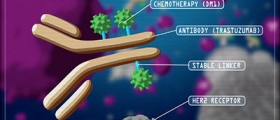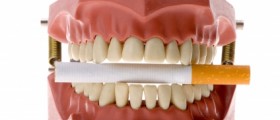
Esophageal cancer is a malignant tumor originating from the cells of the inner lining of the organ. This quite severe condition is usually identified when it has significantly progressed. The tumor may be treated with surgery, chemotherapy, radiation therapy or a combination of the mentioned.
Who is at Risk For Esophageal Cancer?
Esophageal cancer most commonly occurs if there are certain risk factors and underlying conditions associated with prolonged irritation of the organ.
First of all, it is estimated that this type of cancer predominantly affects people older than 65 years of age. Furthermore, men seem to suffer more from esophageal cancer than women. This may be because men are reported to smoke more and indulge in heavy alcohol drinking more than women. The two habits are known contributors to irritation of the inner lining of the organ and potential onset of carcinoma.
Also, esophageal cancer develops in people whose diet lacks fresh fruit and vegetables. Obese individuals suffer from esophageal cancer more than general population.
Finally, all conditions and circumstances that are connected with increased production of stomach acid and its prolonged irritation of the inner lining of the esophagus may eventually initiate malignant transformation of esophageal cells. This is why people with confirmed acid reflux disease and those who have developed Barrett's esophagus are in a risk group for this cancer and need to undergo regular exams and maybe screening. Esophageal Cancer Treatment Side Effects
Treatment for esophageal cancer can be quite aggressive in order to deal with the tumor, remove it from the body and prevent its recurrence. This is why it leads to many side effects some of which are well tolerated while others lead to life-term health issues.
Side effects of esophageal surgery are usually temporary and include pain and tenderness in the operated area. Pain is easily brought under control with some pain killers. However, surgically treated patients may develop more complex side effects such as leaking from the newly joined parts of the digestive tract, pneumonia and other infections, breathing difficulties, bleeding etc. Some of the mentioned can be treated conservatively, while others require repeated surgery.
As for radiation therapy, side effects generally depend on the dose and the very type of radiation. While external radiation therapy is closely connected with sore throat, pain that resembles heartburn and pain in the stomach or intestine, internal radiation therapy leads to even more complex problems. Excess of radiation may significantly damage many organs including the lungs, heart or spinal cord.
Chemotherapy for esophageal cancer has almost the same side effects as chemotherapy for any other malignant disease because chemotherapeutics are administered via blood and spread around the entire body. Patients most commonly complain about nausea and vomiting, fatigue, skin rash, joint pain, tingling/numbness of feet and hands. Many side effects of chemotherapy are dose related and they develop due to damage of rapidly dividing cells, including both cancer cells as well as healthy ones.
Finally, esophageal cancer laser therapy usually leads to pain that does not last long and photodynamic therapy makes the skin and the eyes more sensitive to light. Such increased sensitivity may linger for 6 weeks or even longer.

















Your thoughts on this
Loading...